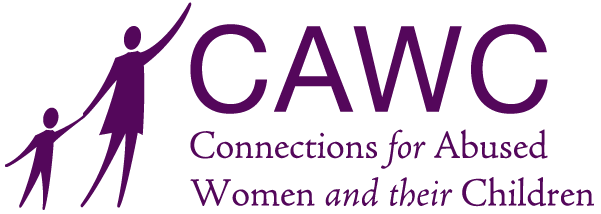The effects of domestic violence are often multifaceted, and survivors may face complex challenges. For example, research indicates a strong correlation between domestic violence and substance abuse, both in terms of fueling violence on the part of the abuser and acting as a harmful coping mechanism on the part of the survivor. This is one reason why domestic violence is considered a major public health issue.
In survivors, drug and alcohol misuse is frequently linked to brain damage and mental health disorders that stem from abuse. The latter can include depression, anxiety, post-traumatic stress disorder (PTSD), insomnia, eating disorders, and suicidal ideation or action. All of this underscores the need for tailored, holistic services that support the whole person and offer treatment for the mental health and substance-related difficulties so many survivors struggle with.
The Intersection of Needs
Survivors who engage in substance abuse related to domestic violence — as well as other intertwining challenges — require comprehensive and tailored care. As they work to address these, intersectional services also recognize that each individual has a unique experience and identity with regard to gender, race, socioeconomic status, and other factors. This approach to care ensures that survivors can receive customized, responsive support in all aspects of recovery and rebuilding their lives.
The Benefits of Holistic Services
Holistic services for abuse survivors with drug and alcohol dependencies offer numerous benefits. They integrate care for both domestic violence and substance abuse with support for overcoming trauma, ensuring that treatment plans are comprehensive and address both immediate and long-term needs. This integrated approach can lead to better outcomes, including improved mental health, physical health, safety, and autonomy. Holistic services offer:
- • A range of services, such as counseling, alcohol and drug treatment, medical care, legal assistance, housing support, and more, ensuring that all aspects of a survivor’s life are addressed
- • Tailored treatment plans to meet the specific needs of each individual
- • Opportunities for empowerment and healing, enabling survivors to rebuild their lives with dignity and strength in ways that work for them
Implementing Holistic Approaches
Implementing holistic services involves recognizing the many pathways through which domestic violence and substance misuse interact and how both can be informed by trauma, brain injury, and mental health disorders. In addition, these services work to educate survivors about their rights and effective methods for rebuilding their lives, especially in light of the fact that abusers often undermine survivors’ efforts to get treatment for substance misuse and addiction.
Collaboration between domestic violence agencies, substance abuse treatment providers, and other community resources is crucial to provide comprehensive, effective support. You can help more survivors with drug and alcohol-related challenges get access to this support by getting involved with a domestic violence services organization near you.
Support Substance Abuse Services for Survivors With CAWC
At Connections for Abused Women and Their Children (CAWC), we believe that everyone has a right to a life free of violence. Our mission to end child abuse in conjunction with domestic violence is rooted in education, service, and advocacy. In addition to working toward broader social change, we provide empowerment-based and trauma-informed support in the form of shelter, counseling, and advocacy to individuals affected by intimate partner violence and their children.
Our Haymarket Center is a comprehensive alcohol and drug treatment program, one of the largest centers of its kind in the country. CAWC’s trained staff provide domestic violence education and core related services to Haymarket residents with psychosocial and rehabilitative needs.
If you or someone you know is actively experiencing the impacts of domestic violence, don’t hesitate to call our 24-hour hotline at (773) 278-4566. For non-emergency support, reach out through our contact form today.
Want to help us protect more women and children? You can impact the life of a domestic violence survivor or a child who witnessed domestic violence by donating to CAWC today or by supporting our work in other ways.
